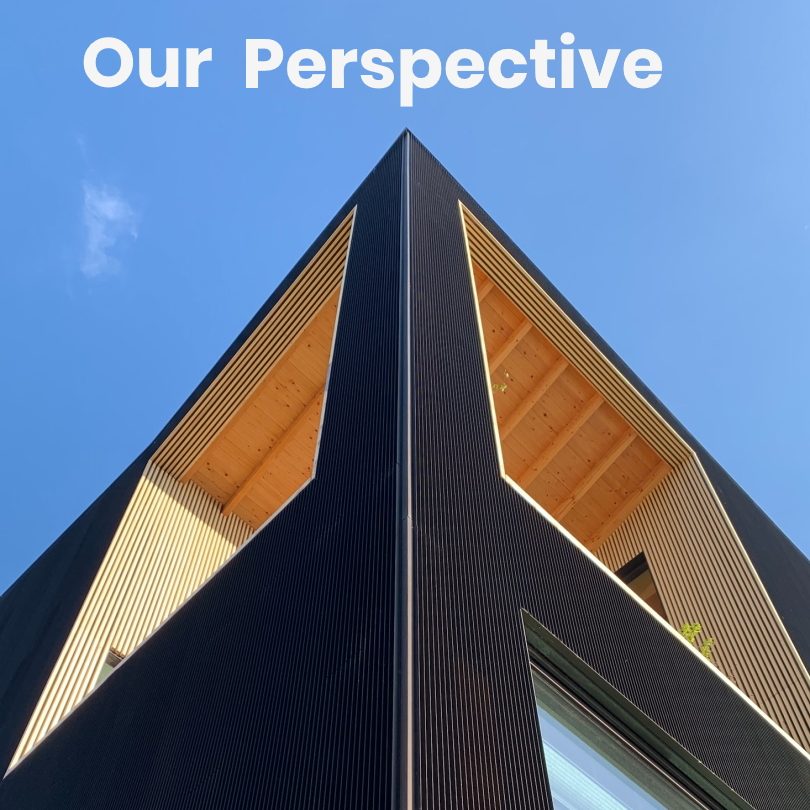For any manufacturer, corporate responsibility does not begin at the factory gate, it extends to the whole supply chain that underpins your operation. Scrutiny is needed to ensure that both environmental and social risks are mitigated.
Heating, Ventilation and Air Conditioning solutions (HVAC) global supply chains can be complex and opaque. Materials and products go through many stages of refinement and assembly before reaching the end consumer, and it is difficult to trace the origins of materials to source. Metals such as steel and brass can have links with the mining and conflict minerals trade, and polymers rely on crude oil extraction.
Long supply chains also pose the risk of human rights violations, including modern slavery, discrimination and health and safety issues. We are starting to work with our suppliers to promote sustainable practices across entire value chains, with a focus on where the environmental and social risks are highest.
Sourcing and the environment
We want to be able to trace all key materials (steel, brass, plastic, packaging) back to their source. We currently have good visibility of suppliers in tiers 1 and 2 (first tier suppliers are often local), but untangling global merchants and supply chains will be time consuming and costly.
However, the digitisation of transactions and tracing technologies makes it easier to demystify supply chains, and we are working with EcoVadis to assess our top 115 suppliers. This will enable us to understand the key risks and opportunities for more responsible sourcing practices.
Different regions take different due diligence approaches in the sourcing of their materials and in the onboarding of their suppliers, and currently, we do not require suppliers to sign a code of conduct. We have an opportunity to standardise and strengthen our sourcing standards and audit processes, encourage higher transparency from suppliers, and collaborate with them to minimise social and environmental risks.
The social risks
There is no consistent approach to Human Rights across all markets. We believe the UK sets the standard in this field, with the Modern Slavery Act and the Bribery Act enshrined in law.
The Modern Slavery Act sets out a range of measures for dealing with modern slavery and human trafficking. It requires companies to make a statement on slavery and human trafficking statement annually. The Bribery Act aims to prevent employees favouring suppliers for financial reward.
At Purmo Group, we want to take a position on human rights standards and compliance, and apply a consistent, standardised approach when it comes to responsible sourcing. We intend to engage with our suppliers, industry partners and external organisations, as well as investing in new technologies, in the pursuit of greater transparency and ethical sourcing throughout the supply chain.



